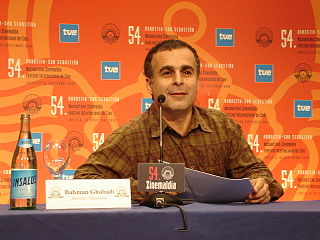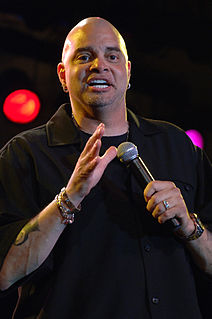A Quote by Sasha Grey
We do have a distorted view of our fantasies in society, but that's because we don't talk about them enough.
Related Quotes
Nothing goes on forever. I think that's one of the illusions of life. When I talk about my life being an extension of my dreams and fantasies, there's a tendency to think of them as immature. I live in a mature world. The majority of the people in this society live with delusions and illusions much more irrational and hurtful than mine. They deal with mortality, with fantasies relating to heaven and hell, and they don't really deal with their problems at all.
Of course you have a duty to show the disfigurations of society as well as its more agreeable aspects. But if TV in the western world uses its freedom continually to show all that is worst in our society, while the centrally controlled television of the Communist world and the dictatorships show only what is judged advantageous to them and suppress everything else, how are the uncommitted to judge between us? How can they fail to misjudge if they view matters only through a distorted mirror?
On the contrary, it's because somebody knows something about it that we can't talk about physics . It's the things that nobody knows anything about that we can discuss. We can talk about the weather; we can talk about social problems; we can talk about psychology; we can talk about international finance gold transfers we can't talk about, because those are understood so it's the subject that nobody knows anything about that we can all talk about!
I think that cinema and the arts are central in our lives because we grow up and learn about the world through our exposure to stories. Parents use them as a tool to teach their children fundamental truths and values, much as adults can view them to gain exposure to cultures and individuals that they'd never be able to view in their own lives.



































